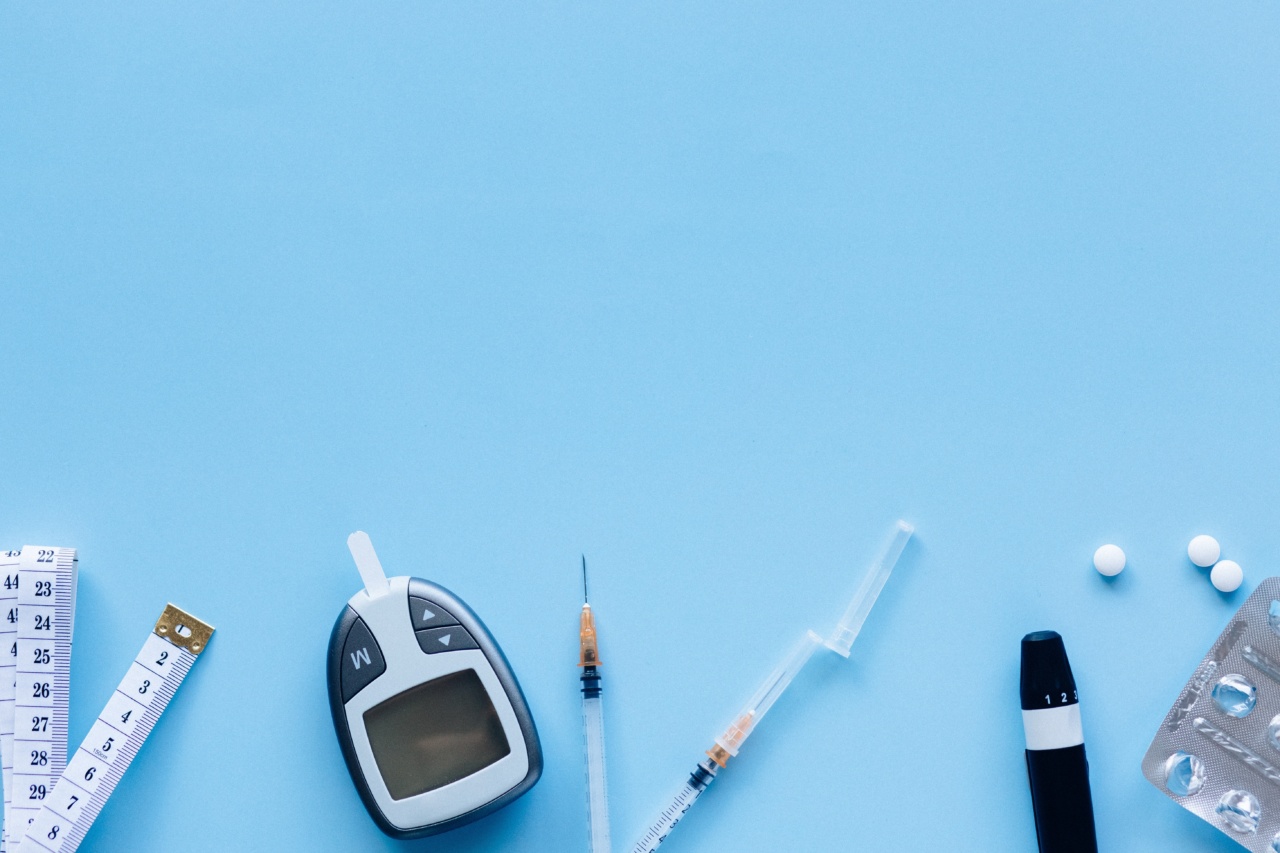Diabetes is a chronic condition that affects millions of people worldwide. The disease can be caused by a variety of factors, including genetics, lifestyle, and obesity. There are multiple types of diabetes, but the most common ones are type 1 and type 2.
Type 1 diabetes is an autoimmune disorder that occurs when the pancreas is unable to produce enough insulin, whereas type 2 diabetes occurs when the body becomes resistant to insulin.
Why Medication May Not Be the Best Solution
While medication can help manage diabetes, it may not be the best solution for everyone. Medication can sometimes cause severe side effects, and people may become reliant on medication to control their diabetes symptoms.
Moreover, medication can be expensive, and not everyone can afford it. Fortunately, there are ways to reverse diabetes without medication. Here are ten ways:.
1. Exercise
Regular exercise is essential for managing diabetes. Exercise helps reduce blood sugar levels by increasing insulin sensitivity. Moreover, exercise can also help with weight loss, which is essential for people with type 2 diabetes.
People with diabetes should aim to exercise for at least 150 minutes per week, which can be broken down into 30 minutes per day, five days per week.
2. Diet
Diet plays a vital role in managing diabetes. People with diabetes should eat foods that are low in carbohydrates, as carbohydrates can raise blood sugar levels.
Instead, people with diabetes should focus on eating foods that are high in fiber and protein. Additionally, people with diabetes should avoid sugary drinks and snacks, as these can cause a rapid increase in blood sugar levels.
3. Weight Loss
Weight loss is essential for people with type 2 diabetes. Obesity is one of the leading causes of type 2 diabetes, and losing weight can help improve insulin sensitivity.
A healthy weight loss goal is to lose one to two pounds per week, which can be achieved through a combination of diet and exercise.
4. Stress Management
Stress can cause a rapid increase in blood sugar levels, making it difficult to manage diabetes. Therefore, stress management techniques, such as meditation, deep breathing, and yoga, can be helpful for people with diabetes.
Stress management can also help with weight loss, as stress is a common trigger for overeating.
5. Sleep
Getting enough sleep is crucial for managing diabetes. Lack of sleep can cause a rapid increase in blood sugar levels and reduce insulin sensitivity. Therefore, people with diabetes should aim to get at least seven hours of sleep per night.
6. Quit Smoking
Smoking can increase the risk of developing diabetes and can cause complications for people who already have diabetes. Therefore, quitting smoking is essential for managing diabetes.
Quitting smoking can also help with weight loss, as smoking is a common trigger for overeating.
7. Drink Water
Drinking water is crucial for managing diabetes. Water helps flush out toxins from the body and can reduce the risk of developing complications from diabetes. Moreover, drinking water can help reduce hunger pangs, which can help with weight loss.
8. Natural Supplements
Natural supplements, such as cinnamon and turmeric, can help manage diabetes. Cinnamon has been found to reduce insulin resistance, while turmeric can reduce inflammation in the body.
However, people with diabetes should talk to their doctor before taking any natural supplements, as they may interact with other medications.
9. Regular Blood Sugar Monitoring
Regular blood sugar monitoring is essential for managing diabetes. People with diabetes should check their blood sugar levels regularly and make adjustments to their diet and exercise routines accordingly.
Moreover, regular blood sugar monitoring can help prevent complications from diabetes.
10. Mindset
Mindset plays a vital role in managing diabetes. People with diabetes should have a positive mindset and believe that they can reverse their diabetes.
Moreover, people with diabetes should focus on the improvements they are making, rather than the setbacks.
Conclusion
Reversing diabetes without medication is possible.
By exercising regularly, eating a healthy diet, losing weight, managing stress and sleep, quitting smoking, drinking water, taking natural supplements, regularly monitoring blood sugar levels, and having a positive mindset, people with diabetes can manage their symptoms and live a healthy life. However, people with diabetes should talk to their doctor before making any significant dietary or lifestyle changes.




























